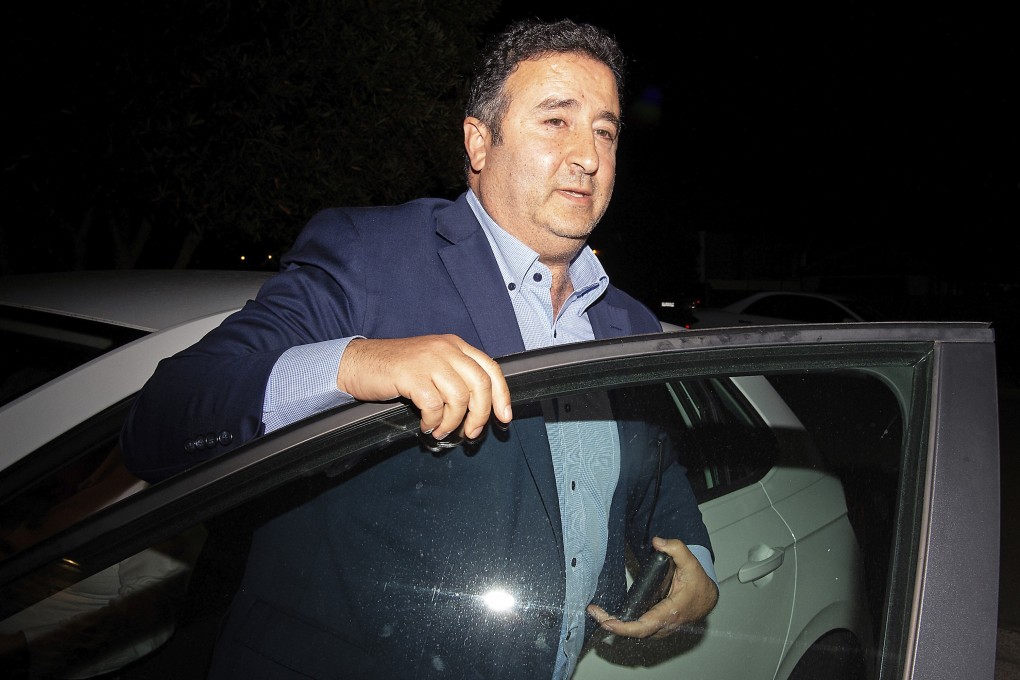Analysis | High stakes as Australia tests foreign interference laws, with China in its sights
- Raids on properties connected to Beijing-friendly state MP Shaoquett Moselmane and his former staffer John Zhang have focused scrutiny on the legislation
- The outcome will either solidify allegations of Chinese interference in Australian politics, or fuel accusations of Sinophobia

Searches by the Australian Federal Police (AFP) last week on properties connected to New South Wales Labor MP Shaoquett Moselmane and his former staffer John Zhang have focused scrutiny on Canberra’s sweeping counter-intelligence legislation introduced in 2018 amid fears of interference by Beijing.
I do see this as a watershed case
While authorities have declined to comment publicly, Moselmane’s office is at the centre of inquiries by the Australian Security Intelligence Organisation (ASIO) into whether the MP or his staff have been targeted by covert influence operations on behalf of Beijing, according to reports in The Age and The Sydney Morning Herald, citing anonymous sources.

00:49
China says bilateral relations not related to death penalty sentence for Australian in drugs case
“I do see this as a watershed case,” said Feng Chongyi, an associate professor at the University of Technology, Sydney, who was briefly detained and interrogated during a visit to China in 2017. “I tend to believe that ASIO and AFP have some solid evidence. Otherwise this action would do serious damage to their reputation. Of course this case will be watched closely around the world, particularly by China.”